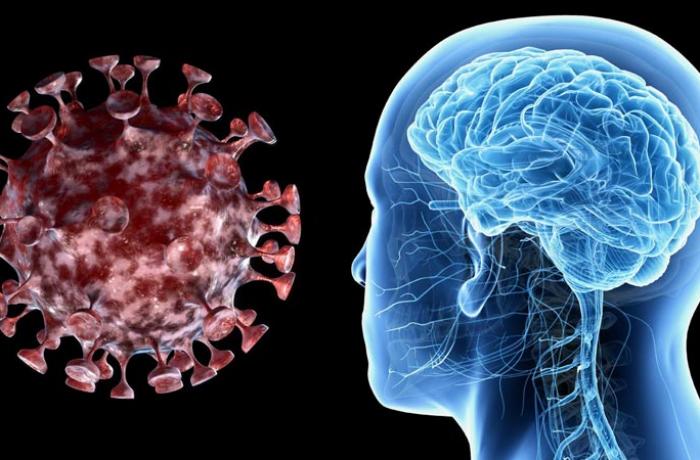Sadness is one of the most fundamental emotions of the human being, it is this feeling that encloses us for infinite reasons, that diverts us and forces us to look in the direction of our own introspection, in search of reasons and explanations.
It is said that it is precisely the storms that grow the roots of trees, so we can look at these moments of sadness as representatives of a true craftsman of knowledge that allows us to learn about ourselves, we are strengthened after overcoming adversity, through which we acquire knowledge to advance and harden the skin we create alive.
But what will happen in our brains at times like these, why do we feel that sadness has settled like a web?
According to scientists in the fields of psychiatry and psychology, the brain is more prepared to face this emotion than any other, if we stop to notice, it is exactly an saddened face that causes more empathy, which we immediately recognize. a way to support people who experience this kind of feeling.
Sadness is understood and has its own language. In addition, tears also act as a mechanism of defense and bursting, it is a way to release the tension that this feeling encounters; That’s basically what causes sadness in our brain, but let’s see below what other factors determine:
? Sadness affects the brain: the body and brain need more oxygen and glucose during these emotional processes, the brain feels tired and stressed by sensations and emotions, so it needs more?So I can work? Sadness is a feeling that causes us more fatigue, because of its energy expenditure, sadness fades and when we are very tired we cannot even cry, no one can cry for an entire day, crying is an act that can be performed in small episodes, but not continuously.
? Loss of taste for sweetness: this is a curious fact, but when we go through processes of sadness, the brain stops receiving, with the same intensity, the feeling of sweetness, reducing the number of receptors in the tongue and preventing us from capturing all the flavor Then we started eating more, because we started looking for sweeter things, because we couldn’t find the same pleasure as before.
? Low Serotonin Levels: When we live these periods of great sadness, the brain reduces Serotonin production, with a deficit in this neurotransmitter, can dreaded depressions, compulsive obsessions and even minor violent attacks occur in the medium or long term?a complex machine that, in the face of stress, anxiety, fears, etc. , impairs its production of neurotransmitters, which affects our behavior.
Sadness allows us to learn from what we are going through, and that is its main value.
The brain is a magnificent organ that, in the long run, is capable of self-regulation on its own. In addition, it has several defense mechanisms, by which it ends up protecting us, keeping in our memory those memories with which we can learn, and situations in which we can sustain ourselves out of the tides of sadness.
The power to weep and seek support around us are undoubtedly some of the most appropriate ways to overcome this common feeling in our lives.

